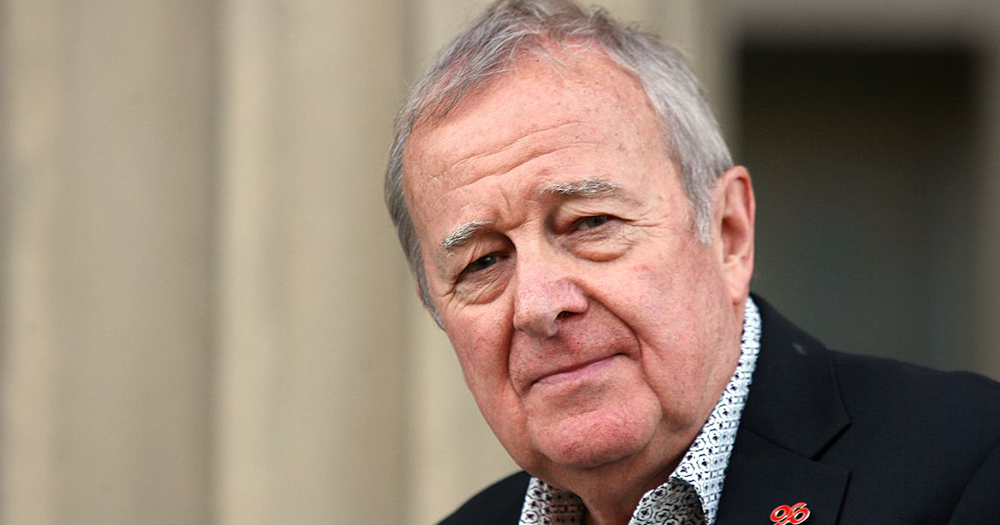In a recent interview, Phil Scraton, a professor in Queen’s University Belfast, called on the university to make a public apology for a series of gay aversion therapies carried out on people in the past.
The cases came to light during a recent interview with BBC News Northern Ireland, when one gay man, known only as ‘John’ described how he was given electric shocks as a way to ‘cure’ him of being gay while he was a student of the college in the 1960’s.
During the actual treatment, John was shown naked pictures of men and if he felt aroused electric shocks would be administered. This process is supposed to result in any homosexual feeling being associated with something unpleasant, which in this case was pain. John quit the programme after several years, eventually coming to terms with his sexuality.
At the time, a QUB spokesperson admitted that this type of gay aversion therapy had been used in the past but followed, “The use of these techniques have for a long time not been supported by Queen’s University or the NHS. While we cannot change practices of the past, Queen’s University is fully committed to creating and sustaining an environment that values diversity and strongly supports its LGBT+ community.”
However, Professor Phil Scraton of the QUB school of law has said this statement is “insufficient,” and has called for a public apology, saying that “It should reveal the full scope and detail of all experiments conducted whether or not they involved electric shocks.”
He also said that, “Given that some participants are still alive it is appropriate that they hear a public apology alongside disclosure of the methods used and their justification at the time.”
Scraton continued, “While the university today should not be held accountable for historic failings, it should make a full public apology. Queen’s and any other organisations involved should identify the inter-departmental scope and longevity of the research projects, their ethical approval and their financing.”
However, in a fresh response, QUB stated to the BBC “The university has no records of this therapy taking place here or elsewhere on the university’s behalf. Research data from this era were not kept for more than 15 years.
“The university regrets that this method was ever used by any organisation in any situation.”
© 2019 GCN (Gay Community News). All rights reserved.
Support GCN
GCN is a free, vital resource for Ireland’s LGBTQ+ community since 1988.
GCN is a trading name of National LGBT Federation CLG, a registered charity - Charity Number: 20034580.
GCN relies on the generous support of the community and allies to sustain the crucial work that we do. Producing GCN is costly, and, in an industry which has been hugely impacted by rising costs, we need your support to help sustain and grow this vital resource.
Supporting GCN for as little as €1.99 per month will help us continue our work as Ireland’s free, independent LGBTQ+ media.
